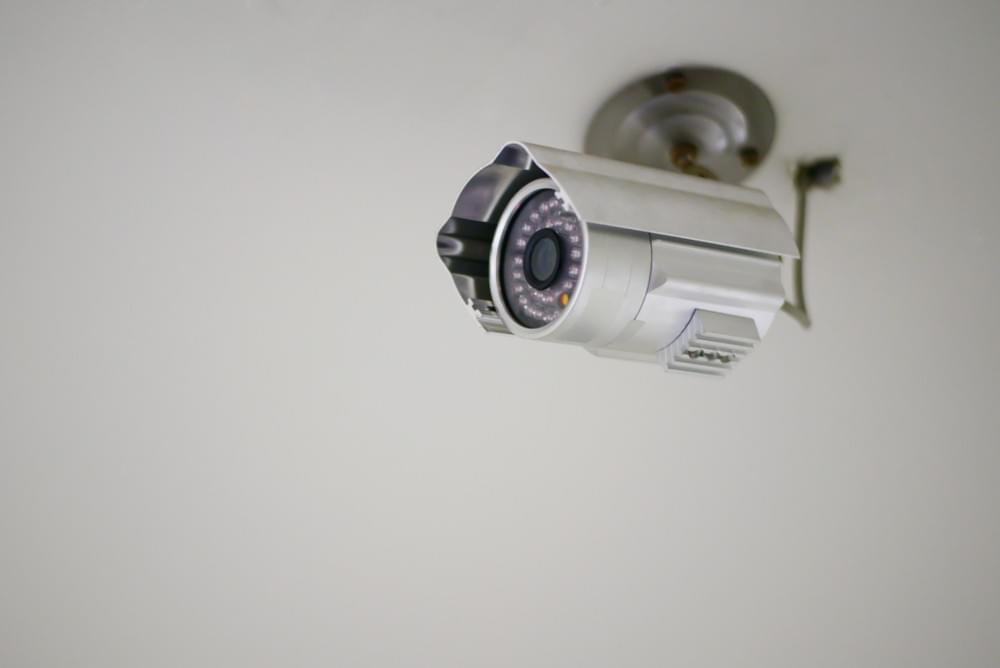
A motion sensor alarm for elderly is an excellent investment in your senior's security. Many elderly citizens have a hard time getting up in the morning and remain in their beds throughout the day. They may not remember coming home but will remember a visit from a friend, neighbor or caregiver. It is important to have an alarm system in place so that should a medical emergency happen they can get the help they need without unnecessary delays or even worse, being left at home alone. Many seniors fall each year in their own homes and do not make it to the doctor until they are well into their nineties.
The room monitor for elderly alarms go off if they sense movement while they are lying in bed while pressure sensitive alarms go off if the weight on them is exerted. Pressure sensitive bedside alarms are usually more expensive and come in the shape of doormats or nightstands. Some are also slipped under the bed covering on the bed and are lightweight enough to be easily slipped under the bed sheets on the bed. These elderly patient alarm systems are easy to install in most any bedroom.
Pager Alert: A pager alarm is an electronic device that emits a very loud siren designed to alert elderly patients of someone trying to steal their possessions. It can sound off several times within a specified period of time or continuously if no response is received. An elderly patient will hear the loud siren and immediately go from the bed to retrieve their belongings. The thief is never detected by this type of elderly alert because they are not triggered by a human ear. This is a very simple alarm with simple controls to operate.
This elderly people's main concern is protection from injury, this is why the icing alarm is so important to them. The ice alarm detects a drop in temperature, either through movement or changes in body temperature. Sensors in the device detect the change and an audible alarm is emitted to alert the family. It is important to remember that this type of alarm is only effective when the temperature inside the home is at an abnormal low point. If the temperature inside is normal, the alarm will not work.
Door Alarm: Many senior and disabled individuals have the tendency to leave their homes or their wheelchairs without protection. They are unaware that there are simple motion sensor door alarms available for these home protectors. Motion sensor door alarms for elderly and disabled patients are a perfect solution to this problem. These door alarms are also very sensitive and should not trigger if they sense anyone coming close. They will go off as soon as someone gets too close. Door Alarm for Elderly patients can also help to deter would-be intruders.
Remote Alarm: Although a motion sensor unit works with a base unit that is battery operated, it can also be used with a handheld wireless remote. A handheld remote has the additional advantage of being able to be used anywhere in the home and anywhere within a 20-ft range. A remote alarm is especially helpful to elderly or disabled individuals because they are not always able to turn on a light or use a pager. With the help of a remote alarm, the user can activate it from any room in the house. If you probably want to get more enlightened on this topic, then click on this related post: https://en.wikipedia.org/wiki/Telecare.